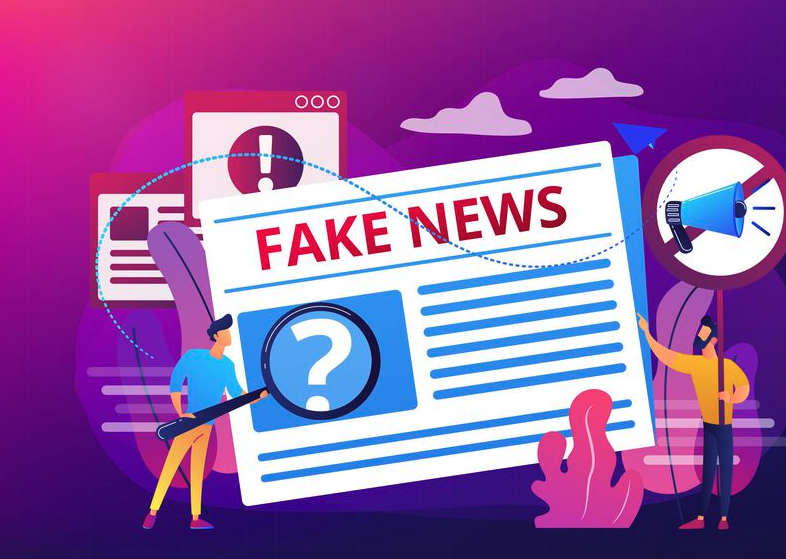Any action against an individual fake news spreader cannot be showcased as press freedom under threat
Fake news is like fast food — quick and tasty. It has been the reason for social upheaval not only in India but globally. All it takes is one false news item to spark panic and even violence. This becomes even more problematic when those who are supposed to be the custodians of free speech, honesty, and civil discourse abandon these virtues, preferring fake news to drive home their point. I am primarily referring to the media, which has shown its ugly side on more than one occasion in the last fortnight.
Various editorials, including in this newspaper (‘With FIR and favour‘, IE, January 30), have commented about the filing of FIRs against media personalities, some of whom have been in the profession for almost 30 years. They pretend this is an onslaught on free speech and liberty.
As someone who has spent his entire life in the judiciary, it would be prudent for me to look at the facts of the case. On January 26, we were told that there would be tractor marches in select areas in and around Delhi. The relevant permissions had been obtained. Unfortunately, a group of protesters (a substantial number) changed their route and began their protest before the time that was decided upon. They entered the heart of Delhi, went to the Red Fort, and hoisted a flag that was not the Tricolour. A little further away from the Red Fort, tractors were being used for everything but their actual purpose. Energised protestors were crisscrossing the streets of New Delhi on these tractors. One such protester’s tractor overturned due to which he sustained injuries and, sadly, passed away.
Yet, a few people in the media and politics linked this protester’s death to a police shooting. This was shared in word and spoken on television on a day when tempers were running high. Once corrected, the usual apologies followed but it was too late. At a time when the discourse changes in minutes, such misleading news certainly contributed to the flaring of tempers.
The cardinal rule of journalism is to verify before sharing news. Why was such verification not done? What was the hurry to blame the Delhi Police, whose conduct has been appreciated across the board? Did these eminent media persons and leaders pass the simple test of verification? Was the aim to quell the fire or add “ghee” to it?
The unintended consequences of fake news are many. Most notably, it strengthens the hands of those nations who are determined to show India in poor light. Are the foundations of the farmer protests so weak that they have to rely on fake news and then justify this fake news through Op-eds?
The crisis in the media has been simmering for years. This is the same media that stood horribly discredited in the summer of 2009 when journalists were not reporting on Cabinet berths but fixing them.
One can argue about media freedom but sadly, this is a cosy club that is speaking out only for their own, on a matter which is open and shut. The temptations of martyrdom are many but it is the method that is problematic. Long marches and declarations in the heart of the national capital will not improve press freedom. It will only further alienate Delhi’s cosy media circles from the common citizens and vernacular media, which is certainly facing more real struggles.
Today it is a tractor accident being shown as a police killing. Tomorrow, journalistic creativity will get even more experimental. Having access to a microphone and studios does not give a license to spread fake news, followed by a half-hearted apology. A proper investigation would be a learning for celebrity journalists — that they too are subject to the law of the land.
In fact, just a day before the fake news of the police killing farmers, the same group of media eminences ridiculed the office of the President for unveiling a portrait of a film star who played Subhas Bose instead of Netaji Bose. Extended commentaries were made about the falling discourse, only to be retracted later. Making mistakes once in a while is human. Making errors daily and deleting them makes the intent suspect.
The author is Justice Som Nath Aggarwal, a retired judge of the Punjab and Haryana High Court.





